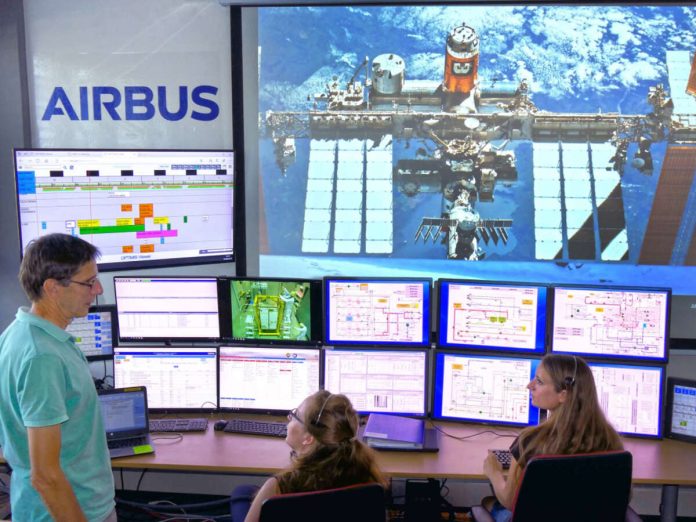Airbus announced just over 2,000 job cuts in defence and space, or about 5% of its second-largest division, as it reels from US competition in the satellites sector, but the cuts were not as severe as the European group had first warned.
More than half of the 2,043 total job reductions, affecting 1,128 positions, will fall in the space systems business following heavy losses on satellites, Europe’s largest aerospace group said, adding that there would be no compulsory redundancies.
Airbus builds satellites and transporters and has key shares in European missile, fighter and space-launch programmes.
It brought forward a statement confirming the figures after Reuters reported the cuts, following the first of two days of closed-door briefings for the aerospace company’s unions on the results of a lengthy efficiency review.
Earlier, in October, Airbus announced plans to cut up to 2,500 jobs in defence and space, or 7% of the workforce, after €1.5bil of writedowns in satellites led by troubled OneSat.
In the plans outlined to unions on Wednesday, and later confirmed by the company, Airbus is cutting 250 jobs in its air power or combat aircraft sub-division and 47 in connected intelligence. The divisional headquarters will shed 618 posts.
Europe’s top satellite makers have traditionally focused on complex spacecraft in geostationary orbit, but have been hit by the arrival of cheap tiny satellites in low earth orbit, led by the runaway growth of Elon Musk’s Starlink constellation.
The job cuts are separate from proposals reported by Reuters on Tuesday to forge a new European satellite champion pooling activities of Airbus, Thales and Leonardo to help compete with Starlink, code-named “Project Bromo”.
The job cuts are due to be implemented by mid-2026 and take aim at overheads and fixed costs by focusing mainly on white-collar and management positions, rather than operational ones.
Germany will bear the largest share of the overall cuts with 689 positions affected, followed by France with 540, Britain with 477, Spain with 303 and other non-core nations with 34. — Reuters




















